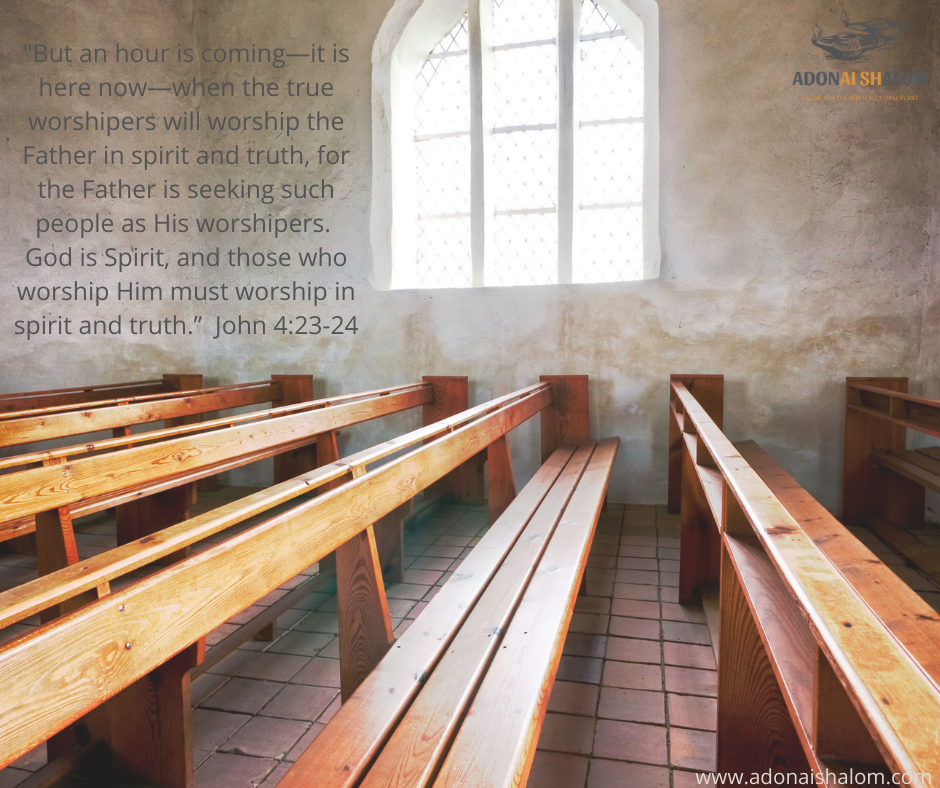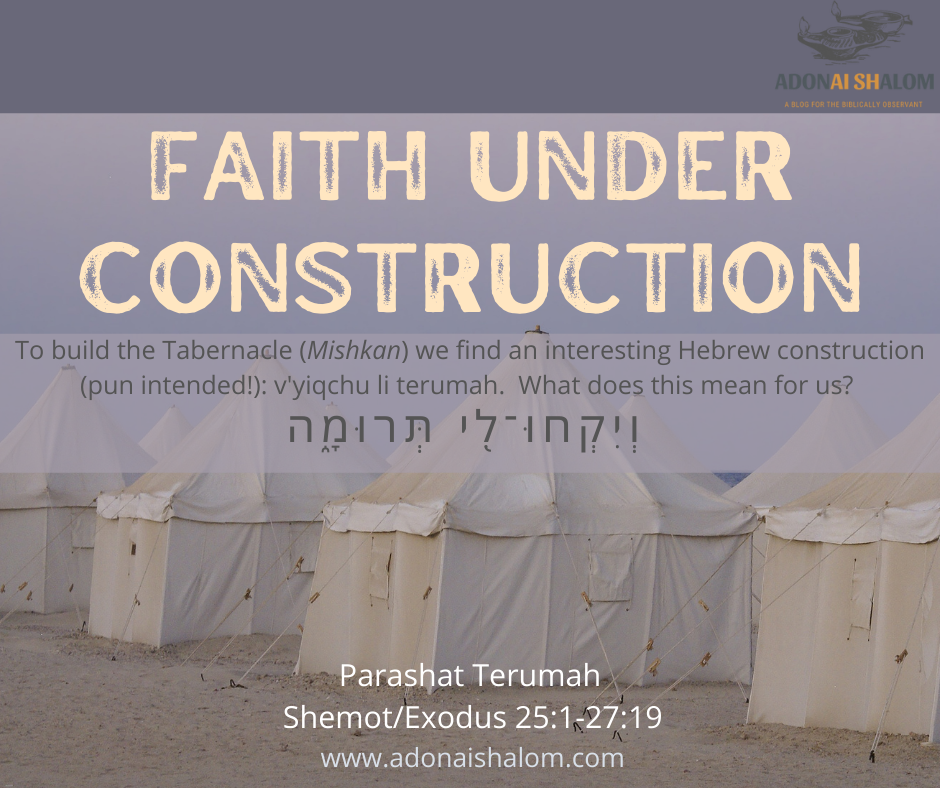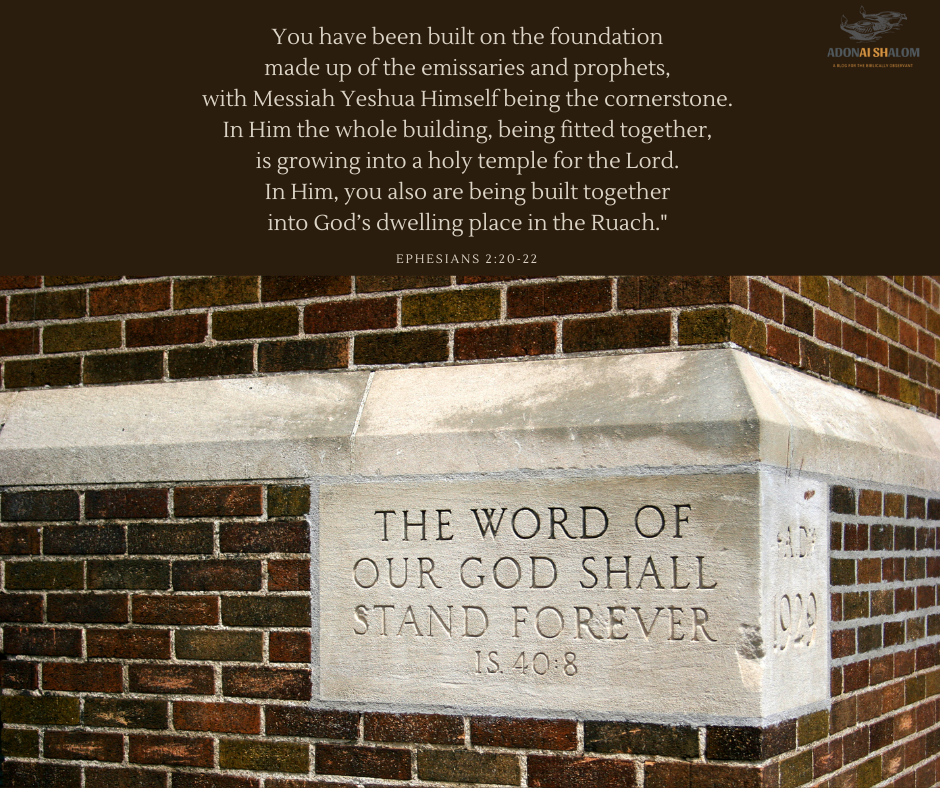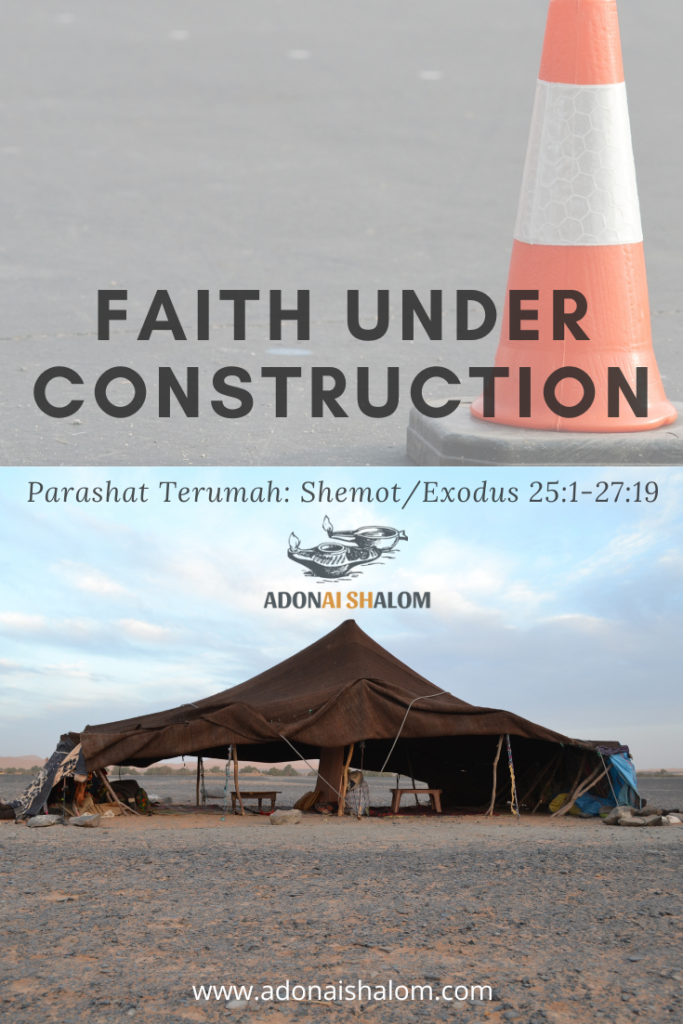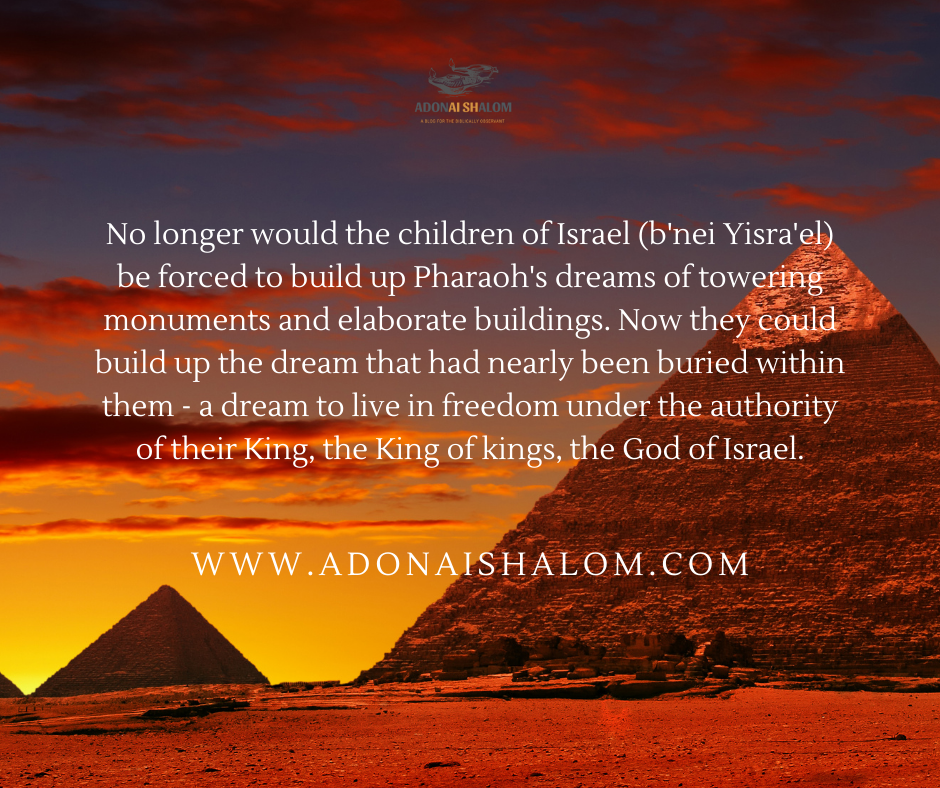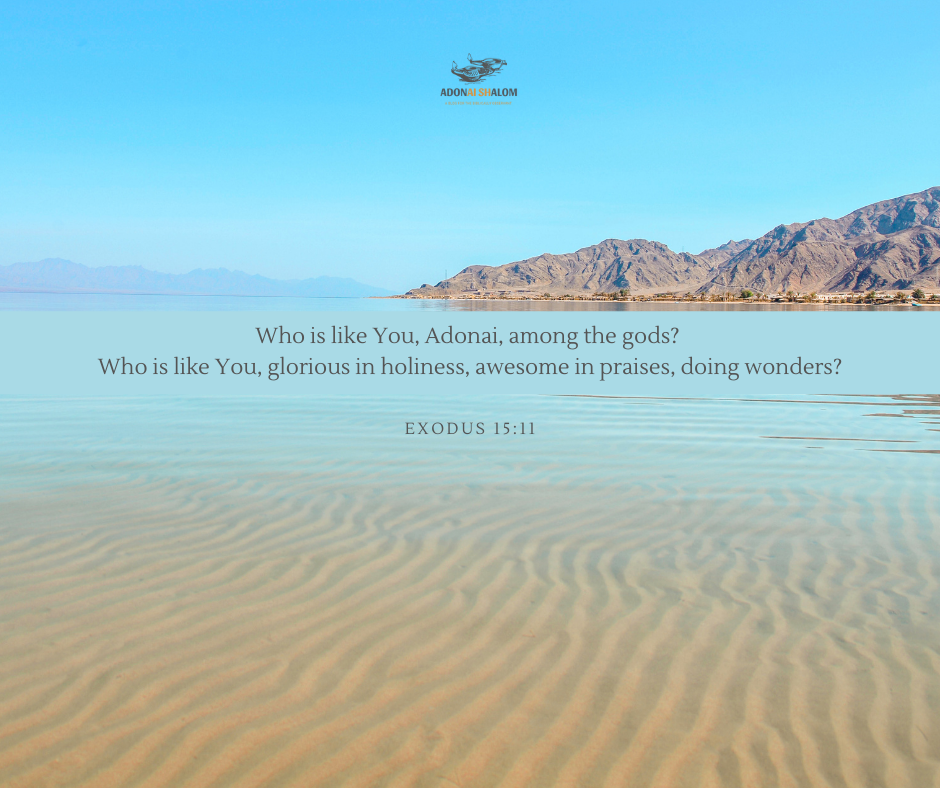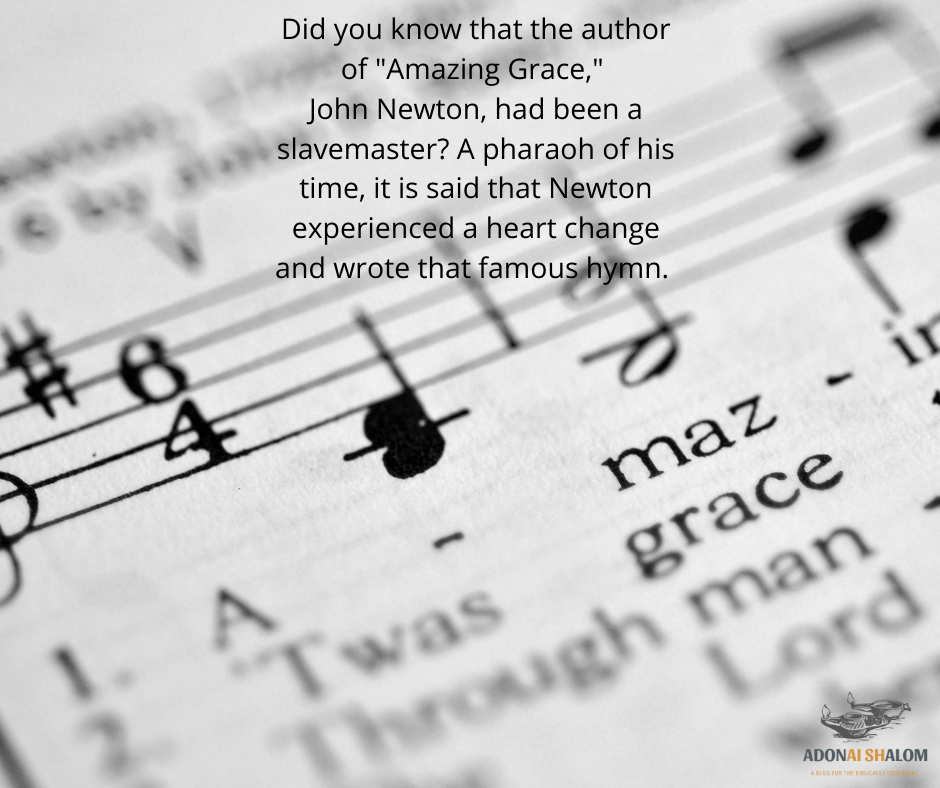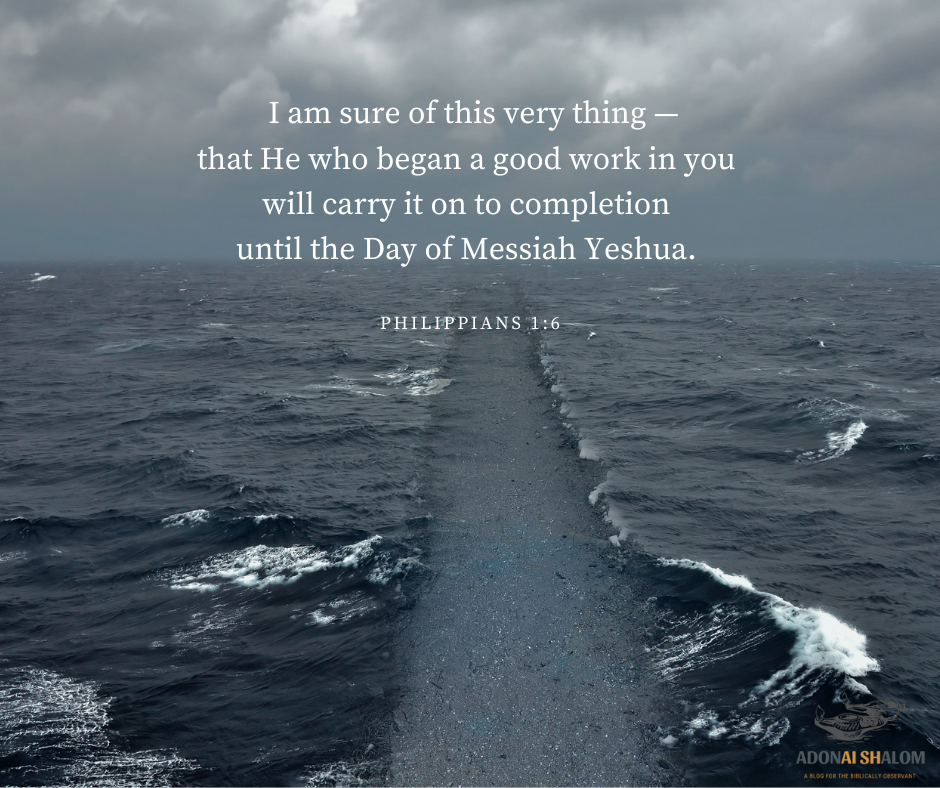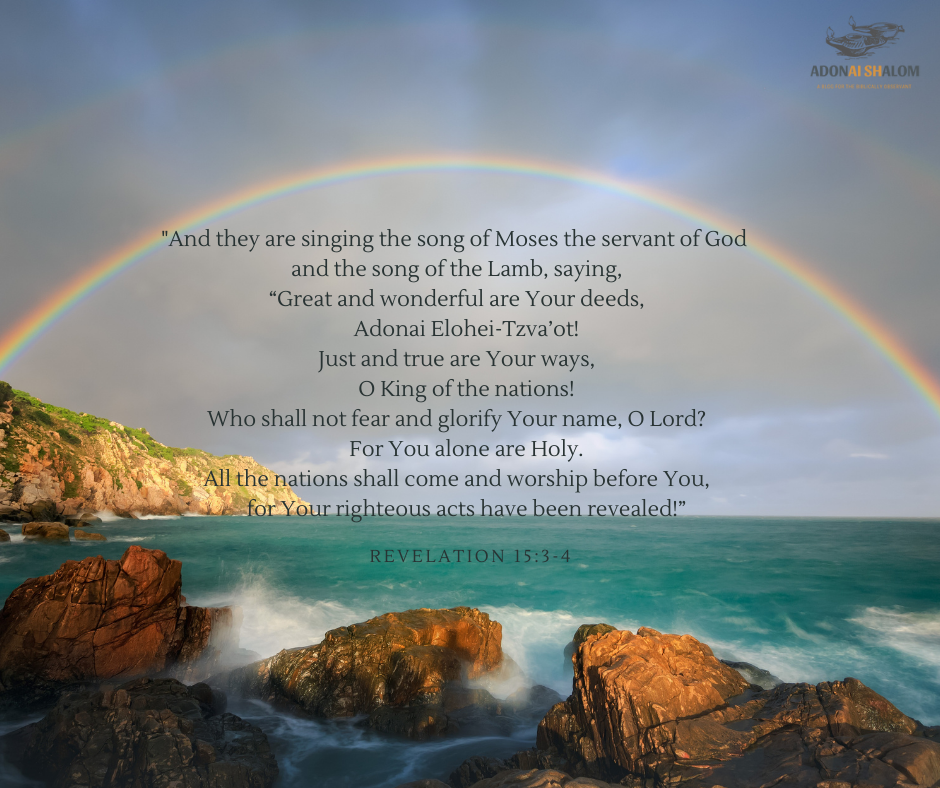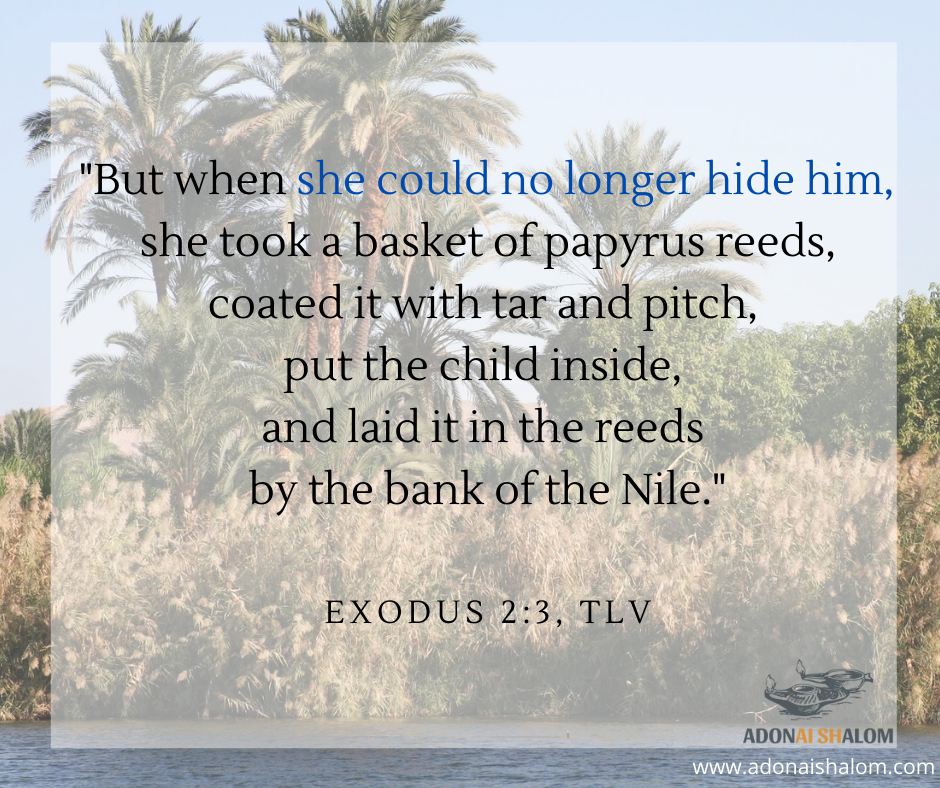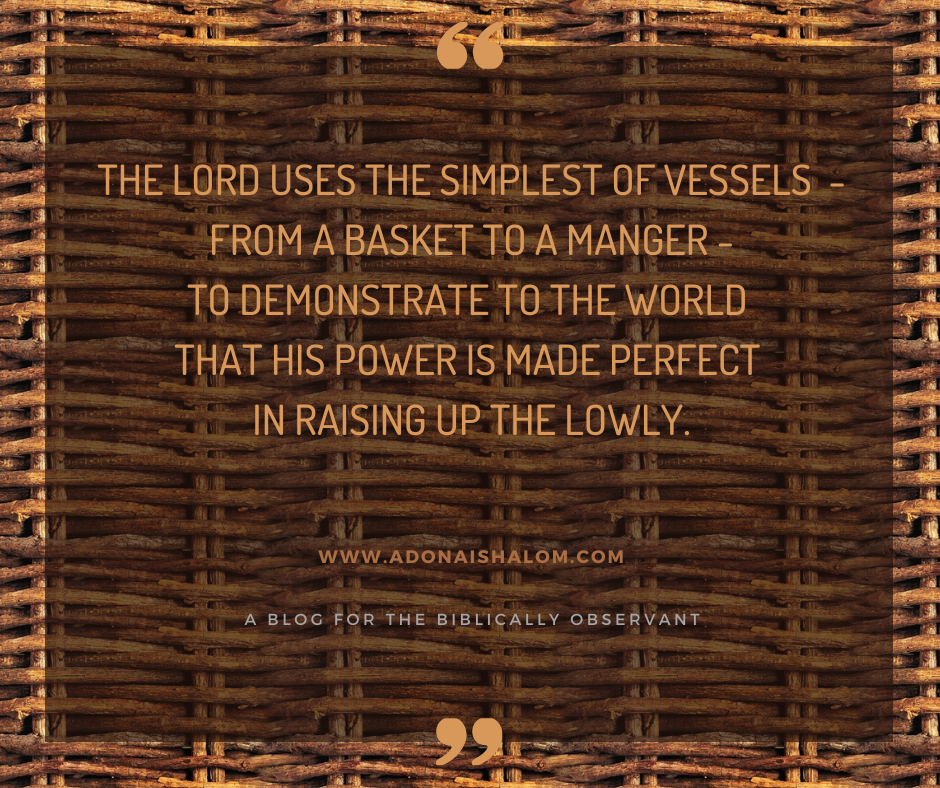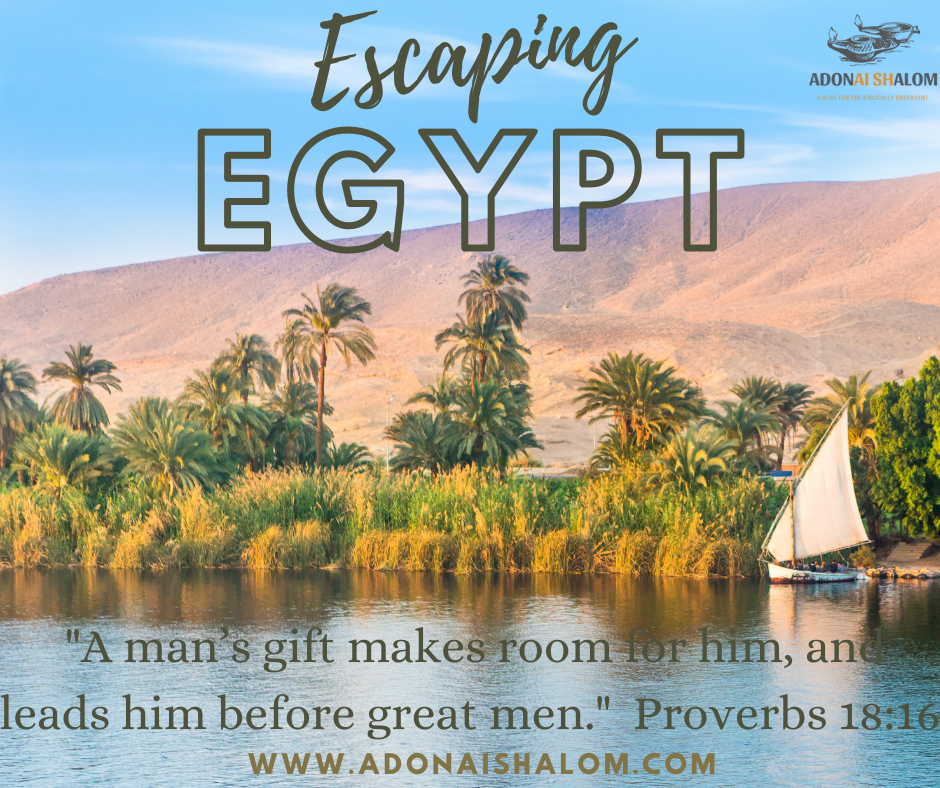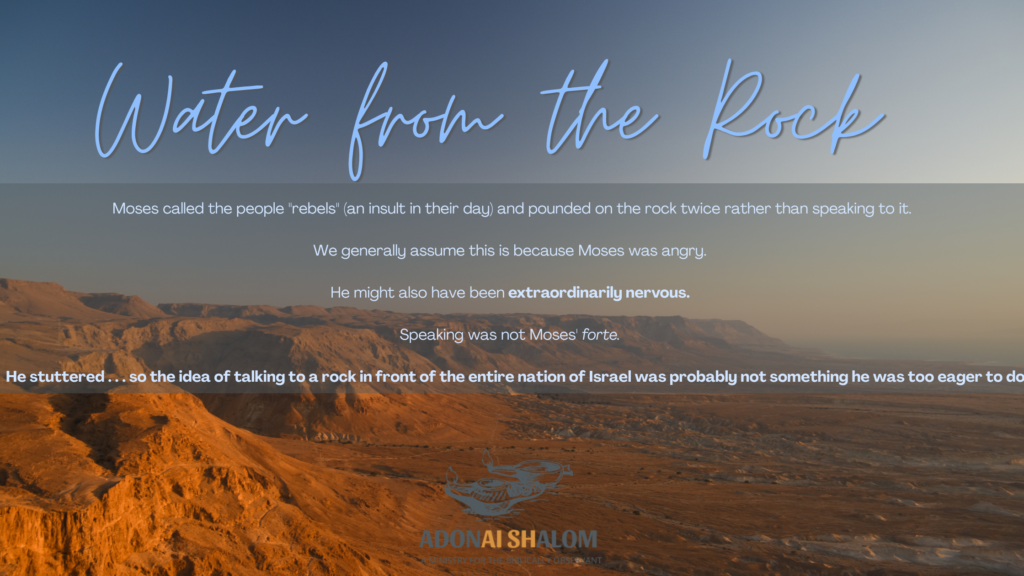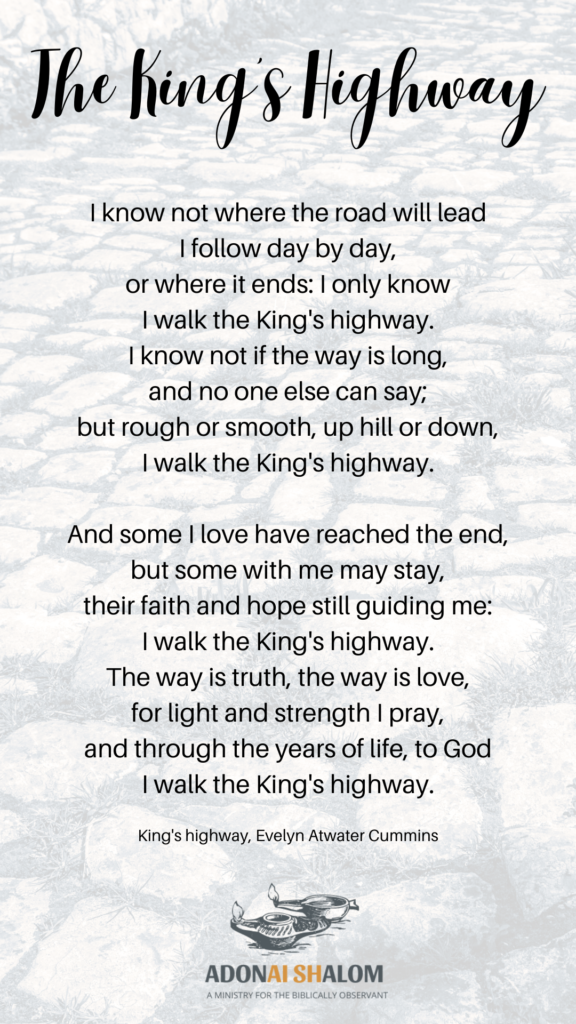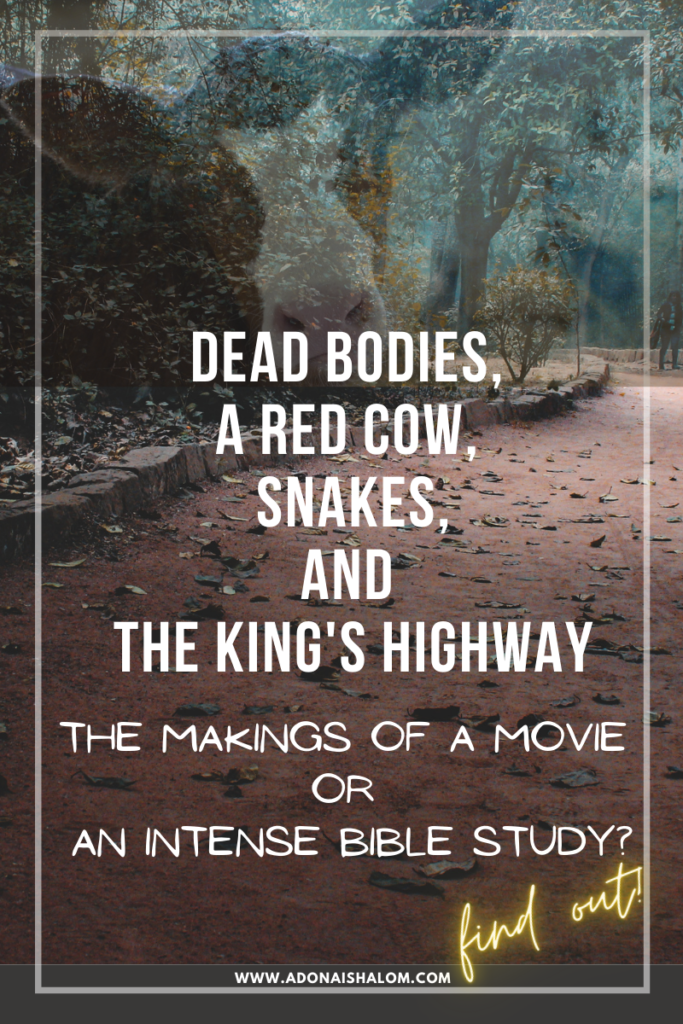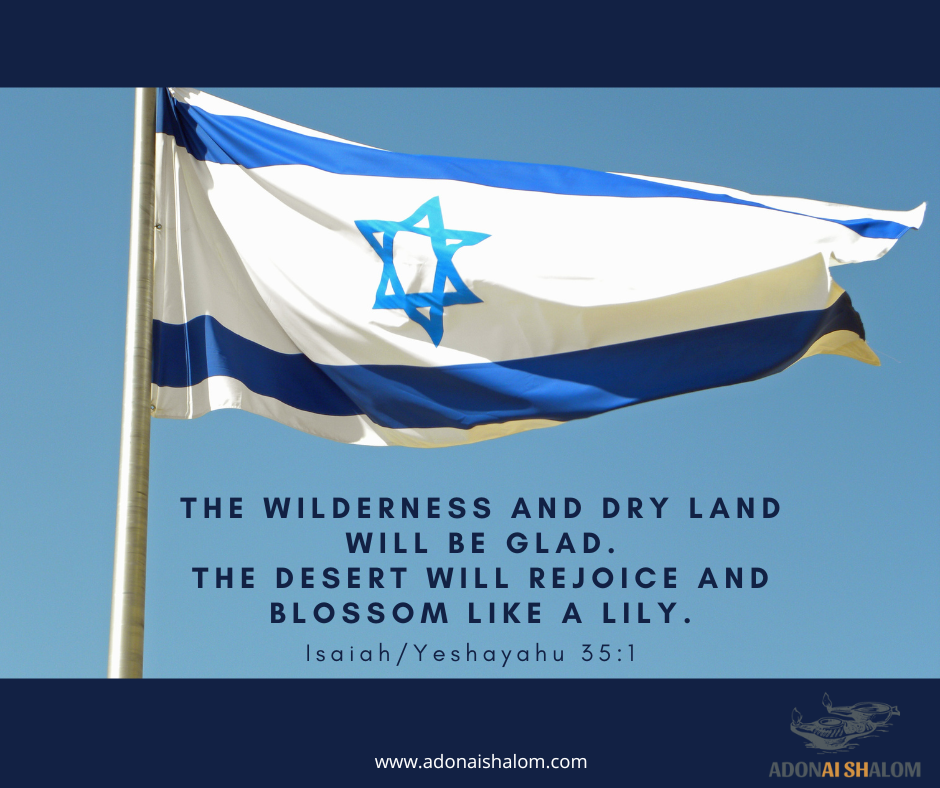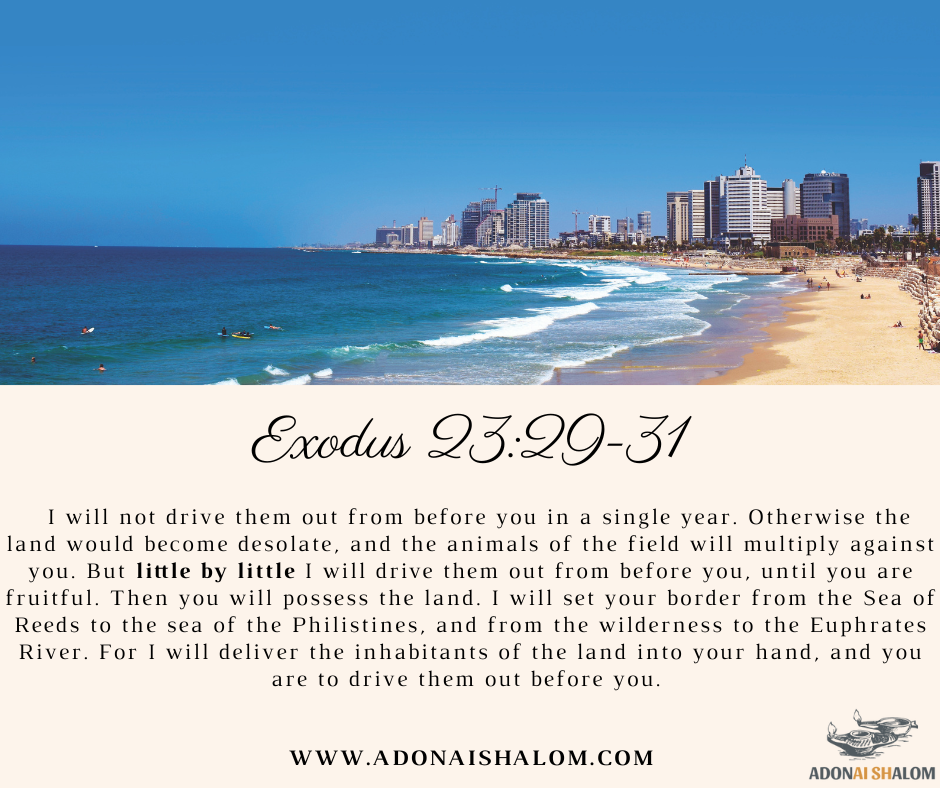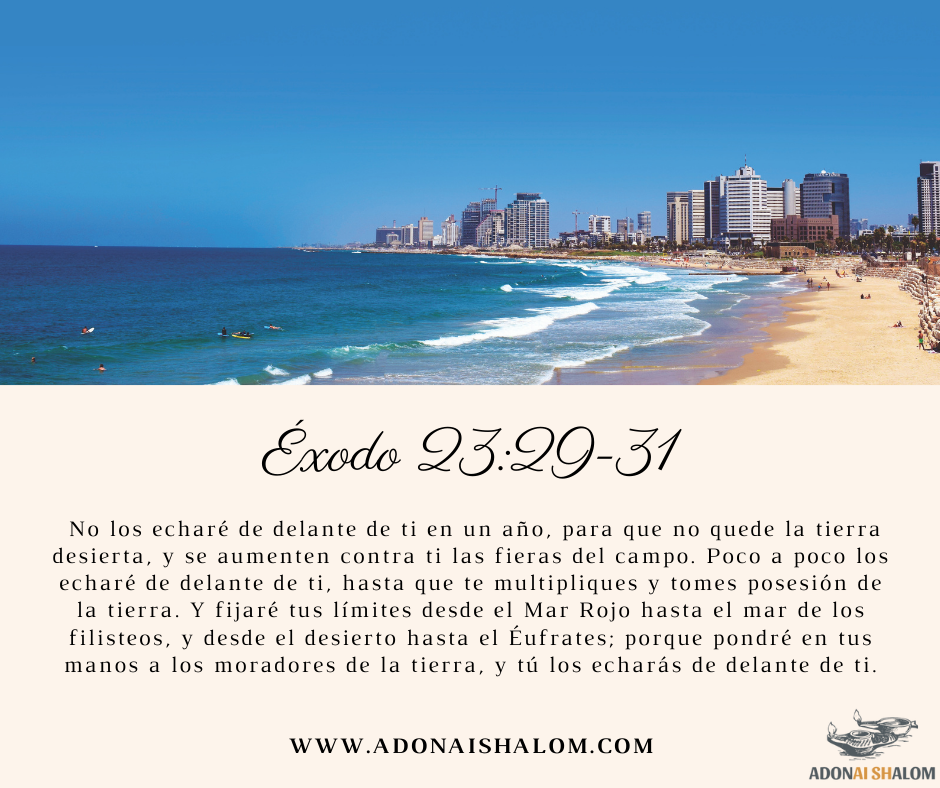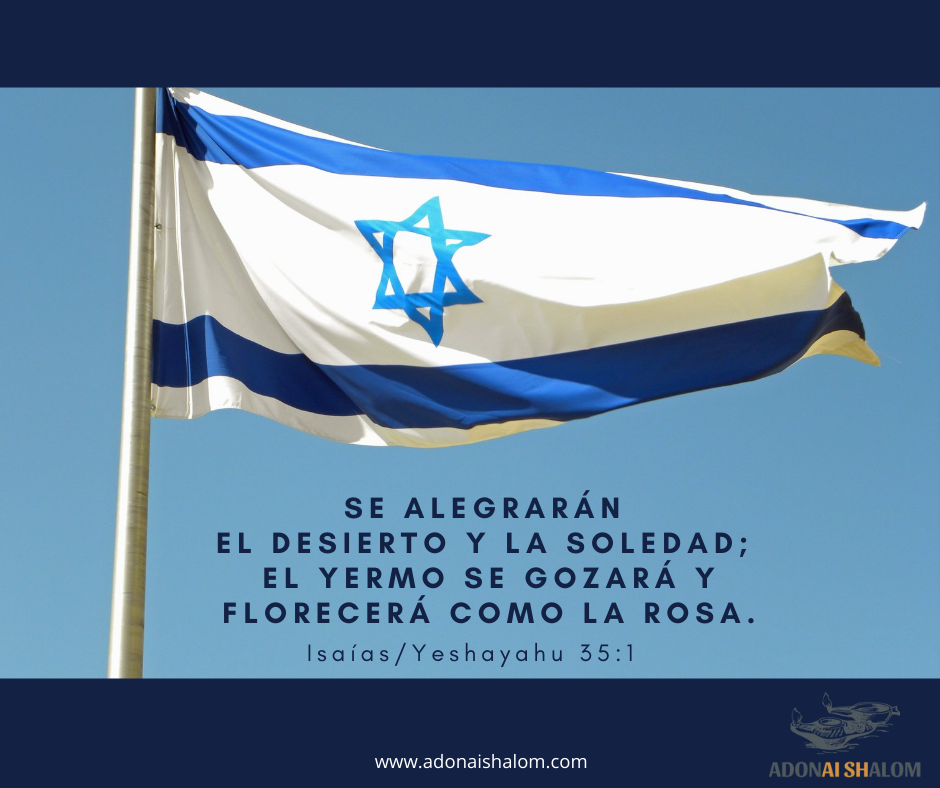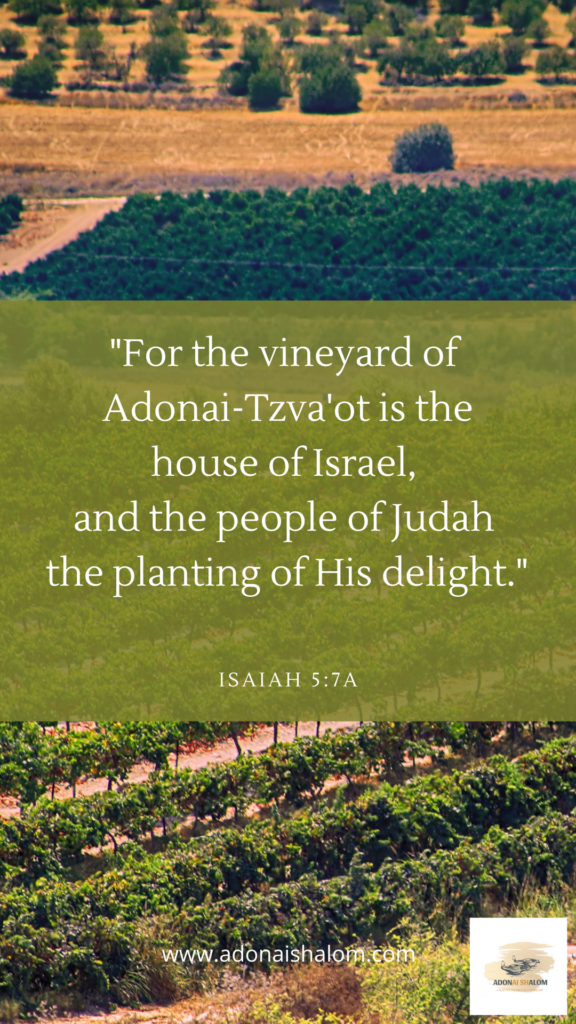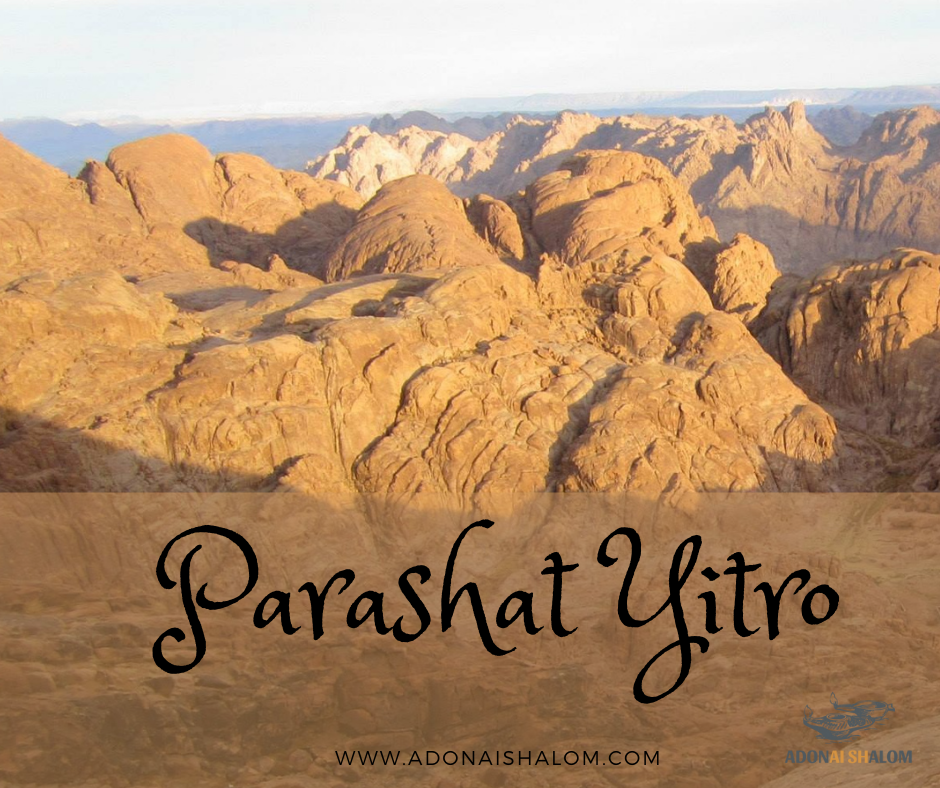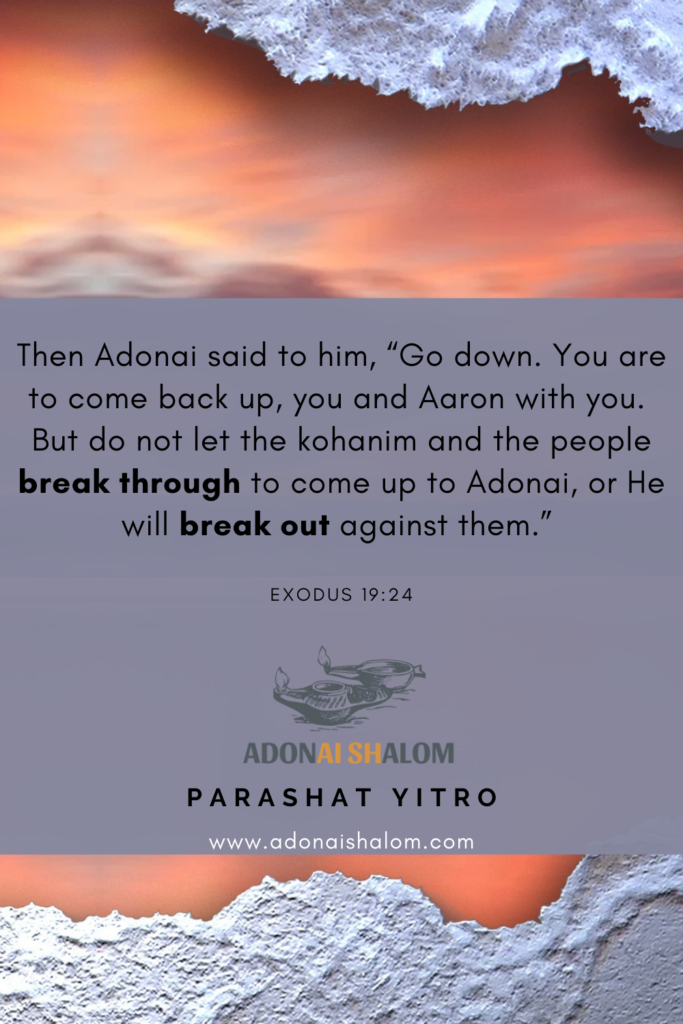Focus, Purpose, & Intention in Numbers 30-36
Parashot Matot-Mas’ei (Numbers/B’midbar 30:2-36) 5782 B”H
A Study looking at Kavanah: Intentionality/Focus
Do you speak legalese?
I grew up learning legalese.
My dad is an attorney so I knew legal phrases like “for all intents and purposes” and strange terms like “eminent domain” from an early age. I may not have known exactly what went into an affidavit or deposition, but I had the idea . . . ad nauseam. 😉
In the second grade, I dressed up like a patent attorney for career day (do they really dress that differently than the rest of us?). By high school, I couldn’t decide whether I would become a judge or the U.S. Ambassador to France. (Objection? Only one is appointed at a time? N’importe quoi! I didn’t care about those details . . . )
I was aware that the “normal kids” at school got an allowance. I was voted “Most Unique” female of my senior class, so “normal” wasn’t really what I was after. My sister and I used to write up chore contracts. We felt we were missing out on the “normal life”, but we actually got some good training! To this day, I can draft some pretty tough contracts.
I joined the high school mock trial team and was talented at prosecution, but could sense that my talents could take me down a very callous, dangerous road.
So perhaps in the interest of making sure my own soul would be saved, I decided to study . . . theology.
So much for lucrative. Sorry, dad. I know that fine man still wishes I were a lawyer!
I tell you this story because the Scripture passage we are studying today has much to do with that legal phrase: “for all intents and purposes.” You’ll see why as we go along.
Tribes and Journeys
If you follow the weekly parashat readings, it will help you to know (if you don’t already) that the terms “Matot” and “Mas’ei” refer to tribes and journeys, respectively. These Torah portions continue the accounts of the tribes, their journeys to the Promised Land, and their inheritance as the 40 year wilderness wandering comes to an end.
We should pause here a moment.
How could the spiritual condition of the people be described here?
With so much grumbling in the wilderness, what was their heart-condition?
Did this generation feel they had a “purpose?”
Did they understand the blessing of their inheritance?
We are informed in Numbers 31:1-2 that Moses would soon die. The Hebrew idiom is translated “you will be gathered to your people.” This was a more pleasant sounding way to describe death. Remember, the ancient Israelites did not yet have the hope of resurrection as we do today because Messiah had not yet come. Being “gathered to one’s people” referred to the very literal sense of being buried in the family cemetery but also referred to the person being spiritually gathered with other spirits in She’ol.
Since we have reached the end of the book of Numbers, it is fitting that the different accounts and histories come to a conclusion here. Balaam reaches his end as well, as he was killed by sword in Numbers 31:8.
Not all of the passages are sad, as these parashot end with the victory of Tzelophehad’s daughters.
But we must be honest. Numbers 30-36 are chapters filled with some difficult things. It covers oaths and annulation of vows, particularly those made by young women, and then there’s this:
The Midianite Women
Moshe (Moses) was angry with the army officers when they were attacking Midian.
Why?
Because they had spared the women.
Hold on.
Moses wanted all the Midianite women dead?!
Hadn’t Moses spent many years in exile among the Midianites?
Doesn’t he have any female friends or acquaintances there?
Does he condone femicide?!
Why so much violence!?
Sadly, over time, the Midianites had allied with the Moabites and became enemies of Israel.
Moshe reasons that the Midianite women had followed some of Balaam’s bad advice and caused the children of Israel to be unfaithful in the matter of Peor (Numbers 31:16).
He concedes that the virgin women should live, but every boy and all the other women should be killed. (Numbers 31:18)
From there, Moses commands purification and Eleazar explains the purification rules to the army. They plundered property, virgins, and gold.
It is hard for me to wrap my head around the righteousness of all that.
I look at what’s happening with the war in Ukraine and it is really hard to grasp. I do not believe that God wanted Russia to invade Ukraine. I do believe the attack lines up with Biblical prophecy; however, and these things must take place.
We can talk about good intentions or divine purposes, but violence and bloodshed are things that will just never make sense to me. For all intents and purposes, I am perplexed, baffled . . . I really am a pacifist at heart.
What to do when things don’t make sense
When something doesn’t make sense, it’s time to trust. Trust in the LORD. And just like you wouldn’t sign legal documents without understanding that legal jargon, make sure you find a way to gain understanding.
Do you need an interpreter?
Do you need a dictionary?
When it comes to the Holy Scriptures, the Holy Spirit will help you interpret and gain clarification.
Trust that the LORD will make things plain for you and put people into your life who can assist you in understanding those things which you find difficult.
Don’t be ashamed if you need to use a dictionary or a Bible dictionary when you study the Word. On the contrary, you ought to use these valuable tools! Otherwise, even Scripture itself can seem overwhelming.
Speaking of being overwhelmed . . . when you feel overwhelmed in life, the way to find peace is by trusting in the LORD.
Do you ever feel overwhelmed by the sheer magnitude of the world’s problems?
For me, when I watch the news and see images of the war itself or the consequences of war
(such as famine and mass migration) I know that it is all out of my hands. I can’t do much anything about it except pray. And that requires trust. I have to trust that the LORD hears my prayer and will intervene on behalf of those who trust in His Name.
See, God has a plan and whether or not it makes sense to us, He will see it through. Likewise, He had a plan for Israel and still does. With the Midianites turning against Israel, logically there would be a consequence – whether it was war or otherwise. The borders of Israel were being formed and action had to be taken to ensure that the land would be prepared for the Israelites.
מִגְרָשׁ Migrash in Biblical Zoning & City Planning
In Numbers 35:2-5, 7 the Hebrew word מִגְרָשׁ migrash is used.
This is not to be confused with the more commonly known term, midrash, which refers to Biblical interpretation and commentary.
“Migrash” refers to green, open space. It is often translated as “pastureland” or “suburb.”
Did you know that Scriptural zoning regulations require open space around cities and special open spaces within the city?
I find this to be intriguing because way back in the desert wilderness, divine instruction was given for future city planning to ensure green spaces – even in and most especially in Israel.
To this day, Israel is an agricultural marvel, a miracle really, but those of us who believe what the Bible says cannot be completely surprised. After all, we are talking about the land of milk and honey, the place where water can come out of rocks and manna appears on the ground. There is water in this desert and even luscious greenery.
Have you heard the new song, Honey in the Rock? I love the Brooke Fraser Ligertwood version, but YouTube wouldn’t let me embed the video. Oh well. You can easily find it by searching Google. Here is a sweet sister singing that same song in a church:
What is the intent behind this green space? What is the purpose of these “suburbs?”
Certainly the green space provides a place for the animals and also allows for urbanization to be tempered by parks and places of solace. The land is to be cared for – there should be concern for the environment and all inhabitants.
Ultimately, the green spaces help the land to be purified:
“You are not to defile the land where you live, where I dwell, for I dwell among Bnei-Yisrael.”
We are not to defile the land because the LORD dwells with us – on Holy Ground, in that Holy Land!
כַּוָּנָה Kavanah: The Intention of the Heart
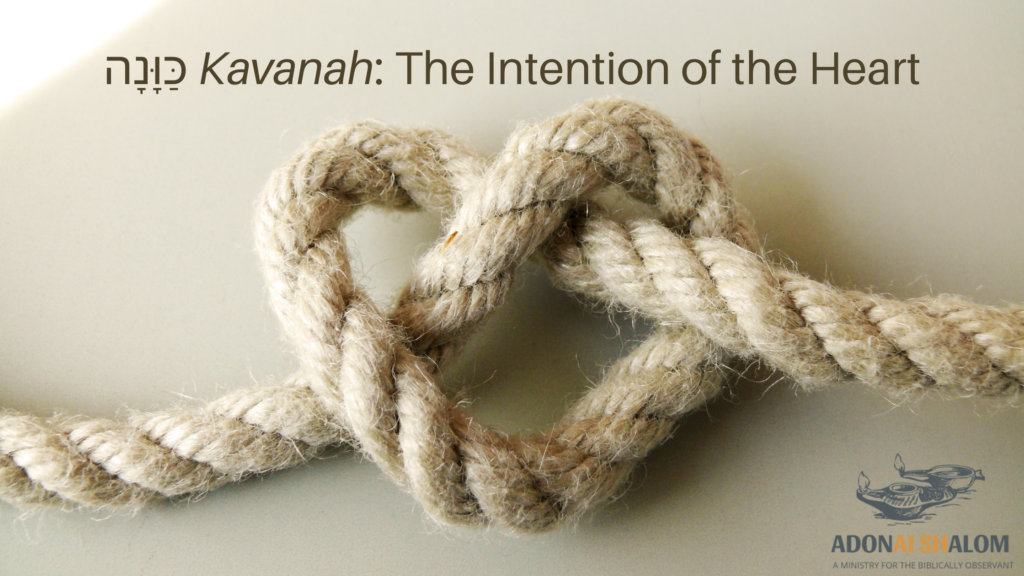
The word Kavanah comes from the Hebrew root כון kun which refers to “being firm.” Strong’s Hebrew Concordance helps us to understand that the term carries with it the connotations of something being “set up and established” or “fixed/securely determined.”
Kavanah is central to Jewish thought, taking this idea of firmness and applying it to one’s intention. It refers to the sincereness of the heart. Kavanah: what is the direction of your heart?
Maybe you have heard the old saying: “The road to hell is paved with good intentions.”
Truly, good intentions can’t save you, but good intentions can improve your spiritual life.
Incidental vs. Intentional
Do you just incidentally “happen” to worship because you know you should?
Or do you with total intentionality worship because you have a depth of sincerity in your heart?
The Jewish tradition would say that the person who “incidentally” participates in worship is not participating at all. Without kavanah, without intentionality, worship is not worship at all.
We cannot be ambivalent.
What is the attitude with which you approach worship?
What is your spiritual intention?
What is the direction of your heart toward God?
Are your eyes fixed on Jesus (Yeshua)?
Are you a person who is securely determined to walk in faith?
As the tribes began to settle in the land, their intentions would become clear. Would they choose to continue to obey the God of Israel? Would they select land based on selfish ambition or based on care for their neighbor? Would they seek God with their whole heart or drift away to follow pagan deities?
Whenever faith becomes an afterthought it becomes an incidental.
Ever been to a pricy hotel?
Those incidentals will cost you.
One extra fee might not seem like much, but if you keep helping yourself to those miniature-sized snacks in that miniature convenience fridge, you will not have such a miniature bill at the end of your stay.
You’ve got to watch out for the incidentals.
You’ve got to read that fine print.
I’d rather get out a magnifying glass than not understand the covenant . . .
Oh Magnify the LORD! Set your intentions on Him! Seek Him with total sincerity!
In this way, your life, your family, your land, and even your city will be blessed.
Because truly, where there is focus, there is vision! Some people strive for many years to “find their purpose.” Some of that is ok. But, ultimately, as a believer, your purpose is to live for Him and He will outline His calling in your life. He will be your sense of direction and your purpose, if you allow Him.
Adhering to a purpose-filled lifestyle that puts God and His Eternal Word first will enable you to benefit from all of the blessings He has for you. I encourage you to focus on Him so you see clearly the path He has set for you, set your sights on heaven as you walk with Him, and walk in the ways of our Messiah Yeshua (Lord Jesus) today!
